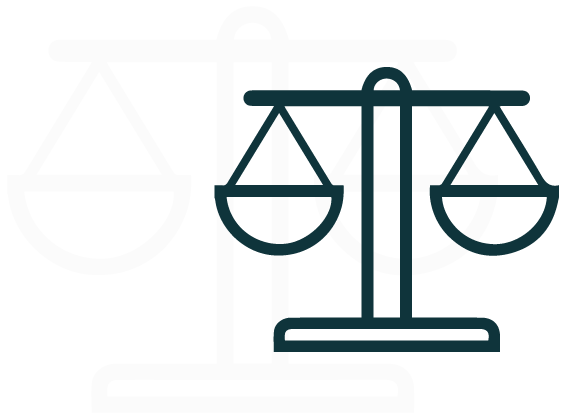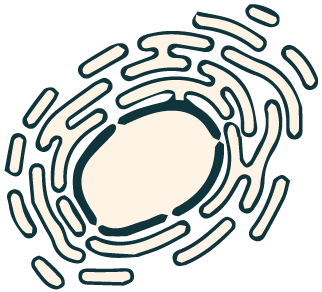This website uses cookies to ensure you get the best experience on our website.
- Table of Contents
8 Citations 6 Q&As
8 Citations 1 Q&As
5 Citations
Facts about Protein kinase C alpha type.

Can encourage cell growth by phosphorylating and activating RAF1, which mediates the activation of the MAPK/ERK signaling cascade, and/or by up-regulating CDKN1A, which facilitates active cyclin-dependent kinase (CDK) complex formation in glioma cells. In intestinal cells stimulated by the phorbol ester PMA, can activate a cell cycle arrest program that's related to the accumulation of the hyper-phosphorylated growth-suppressive type of RB1 and induction of the CDK inhibitors CDKN1A and CDKN1B.
| Human | |
|---|---|
| Gene Name: | PRKCA |
| Uniprot: | P17252 |
| Entrez: | 5578 |

| Belongs to: |
|---|
| protein kinase superfamily |

AAG6; aging-associated gene 6; EC 2.7.11; EC 2.7.11.13; MGC129901; PKC alpha; PKCA; PKC-A; PKC-alpha; PKCAMGC129900; PRKACA; PRKCA; protein kinase C alpha type; protein kinase C, alpha
Mass (kDA):
76.75 kDA

| Human | |
|---|---|
| Location: | 17q24.2 |
| Sequence: | 17; NC_000017.11 (66302613..66810743) |
Cytoplasm. Cell membrane; Peripheral membrane protein. Mitochondrion membrane; Peripheral membrane protein. Nucleus.





PMID: 2336401 by Finkenzeller G., et al. Sequence of human protein kinase C alpha.
PMID: 1714454 by McSwine-Kennick R.L., et al. Phorbol diester-induced alterations in the expression of protein kinase C isozymes and their mRNAs. Analysis in wild-type and phorbol diester-resistant HL-60 cell clones.
*More publications can be found for each product on its corresponding product page